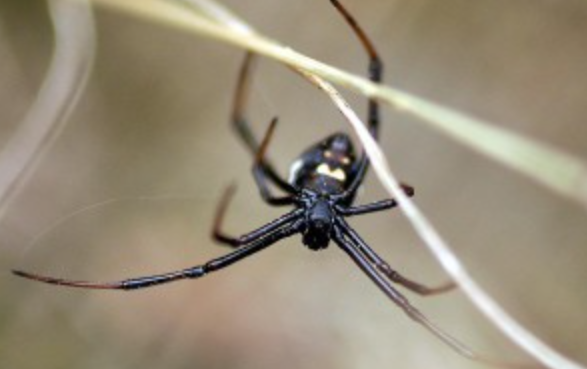Within the framework of Biodiversity Days – an initiative of the German magazine GEO – a study activity took place in the month of June, in the Vjosa river in Albania. For three days, approximately 70 environmental experts, scientists, students from Albania, Macedonia, Germany, Austria and France, classified the species of animals and plants in the last wild river in Europe. “The Vjosa River is a unique natural laboratory that is very little studied. There is a gap in terms of studies on biodiversity and its morphological processes. Through this activity we want to draw attention to the urgent need for a strong scientific base,” said Ulrich Eichlemann, Executive Director of Riverwatch.
The activity was organized within the “Save the Blue Heart of Europe” campaign. A total of 11 research teams studied this diverse river landscape, from its upstream to its downstream. Various species such as: bats, birds, fish, dragonflies, butterflies, ground cockroaches, spiders, amphibians, reptiles, small river bed animals and plants were collected and collected for identification.
In more than 400 recorded species, scientists recorded creatures such as: wolves, the cuckoo horse (one of the rarest and most endangered vultures in Europe) as well as the Black Pennants – a type of dragonfly which has been reported for the second time in Albania. In addition, eleven species of spiders have been recorded for the first time in Albania, one of them being the Mediterranean Black Widow. “We found some very interesting species especially on the river bank – species that are already extinct in Central Europe and that indicate a healthy ecosystem,” emphasizes Wolfram Graf, professor at BOKU University Vienna and one of the scientists who worked in the field.
The Vjosa River is the last wild river in Europe. It flows intact along the 270 kilometers it traverses. The wide bed, small islands and large bays create wonderful meanders, and along the banks of the river lie alluvial forests. However, this priceless treasure is in danger of disappearing: the Albanian Government has planned to build a series of 8 dams for hydro-energy purposes. If these plans are implemented, migratory species such as eels, fish will not exist. “We call on the Albanian government to abandon hydropower development plans along the Vjosa river, and instead promote the sustainable development of the Vjosa valley: says Gabriel Schvaderer, Executive Director of EuroNatur. In this framework of the “Save the blue heart of Europe” campaign, Riverwatch, EuroNatur and the partner organization EcoAlbania are lobbying for the declaration of Vjosa National Park.
For more information:
www.balkanrivers.net | www.euronatur.org | www.riverwatch.eu
– Ulrich Eichelmann – Riverwatch 0043 676 6621512 [email protected]
– Gabriel Schwaderer – EuroNatur 0049 7732 9272 0 [email protected]
– Olsi Nika – EcoAlbania 00355 69 29 44 757 [email protected]








